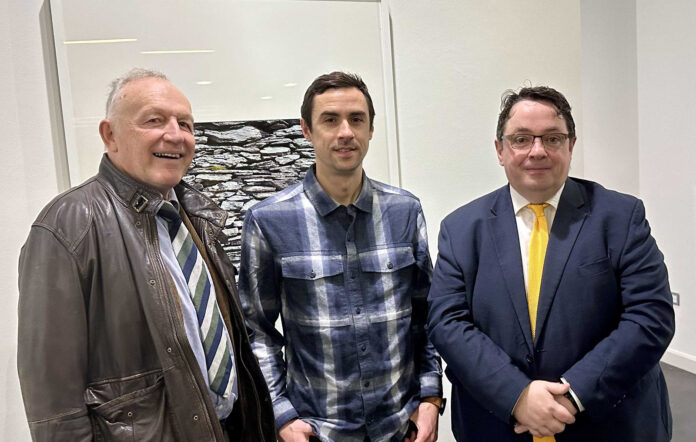
While Christmas and new years can be a highly enjoyable social time for many, for those with social anxiety disorder however, it can be a nightmare. Now new research from APC Microbiome Ireland (APC) at University College Cork (UCC) has discovered that the microbes in the gut may be playing a key role in Social Anxiety Disorder (SAD).
The findings in the study ‘Social anxiety disorder-associated gut microbiota increases social fear’ suggest that gut microbiota can play a role in the heightened social fear response tied to SAD and represent a potential therapeutic target, according to the authors.
The analysis casually builds on recent findings that SAD patients have distinct microbiomes compared with healthy individuals, by showing that transplanting microbiota from six patients with SAD into mice resulted in the mice exhibiting increased sensitivity to fear conditioning during social interactions, as well as changes to immune and brain functions.
‘NEW THERAPEUTIC AVENUES’
The research, led by APC PI and Vice President for Research and Innovation at UCC, Professor. John F. Cryan, says: “SAD is an increasing issue for the human population, so it is vital to explore new treatments to address the condition. Discovering a link between the microbiota and the SAD condition is a significant breakthrough that the microbiota represent a potentially a therapeutic target.”
Director of APC, Prof Paul Ross, says: “At APC we are continuing to discover how the microorganisms in our gut can affect a wide variety of human illnesses and conditions including those involved in mental health and wellbeing. Social Anxiety Disorder can be a crippling condition, and this new discovery opens up new therapeutic avenues which take the microbiome into account with the possibility to change its composition to improve health.”










